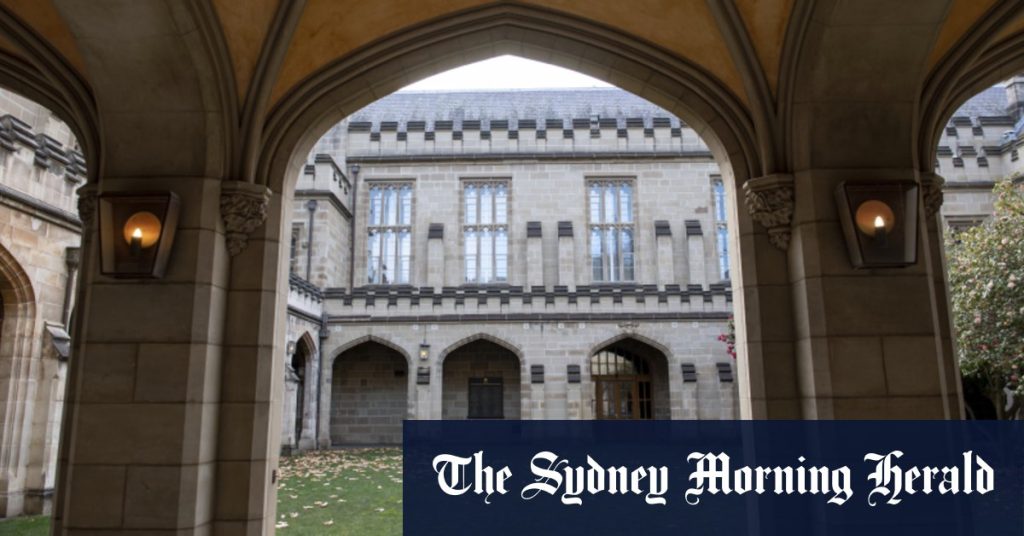The plan to be presented to state ministers on Friday aims to introduce a council of experts to oversee university governance, focusing on aspects such as executive remuneration, board diversity, and compliance with workplace relations. However, universities are facing criticism for their lack of transparency, with key decision-making processes often being carried out behind closed doors. Australian Institute economist Jim Stanford and National Tertiary Education Union president Allison Barnes are among those who have raised concerns about the increasing influence of big business on public universities, calling for more accountability and representation for students in university governance.
Secrecy surrounding private funding deals, including partnerships with weapons manufacturers and fossil fuel companies, is another issue highlighted in the discussion about university governance. Additionally, many universities have failed to report data on their efforts to address sexual violence on campus, despite promises to do so. While state ministers have endorsed a federal intervention to address sexual violence, some university leaders have cautioned against excessive regulation, emphasizing the need for universities to maintain autonomy in their decision-making processes.
The push for improved governance in universities has been met with resistance from some university heads, who argue that universities are forced to operate like businesses due to a challenging funding landscape. The University Chancellors Council and the Australian Higher Education Industrial Association have dismissed concerns about the composition of university boards, citing the need for universities to adapt to changes in the funding environment. Higher education expert Andrew Norton acknowledges the governance challenges faced by universities, noting the complex nature of universities as institutions that are part public, part not-for-profit, and part commercial business.
Critics have pointed out the excessive salaries of Australian university executives compared to their international counterparts, calling for a reduction in spending on luxuries such as private ensuites and extravagant farewell parties for vice chancellors. Calls to curb chancellory pay packets have been made, with a parliamentary inquiry in New South Wales highlighting the disparity between vice chancellors’ salaries and those of university staff, urging a review by the state auditor-general. The Group of Eight and Universities Australia have been urged to address these concerns and provide feedback on proposed governance reforms.
Overall, the discussion around university governance highlights the need for increased transparency, accountability, and inclusivity in decision-making processes within higher education institutions. While reforms are being proposed to address issues such as executive remuneration, board diversity, and workplace relations compliance, there are diverging views on the extent to which universities should be regulated and the balance between autonomy and oversight. It is essential for stakeholders to engage in constructive dialogue and collaboration to ensure that universities are effectively governed and able to fulfill their role in advancing knowledge and education in society.












